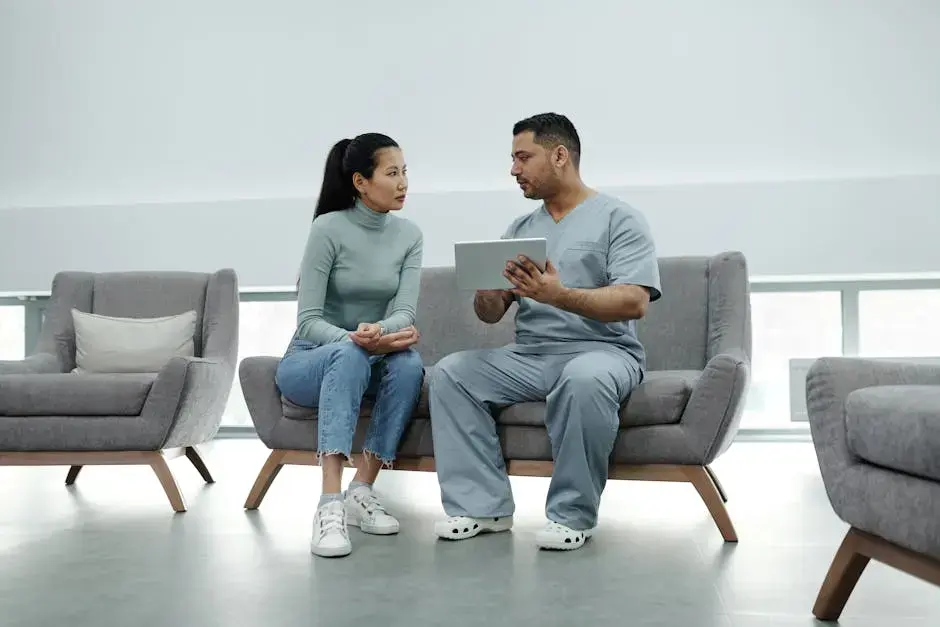What Should You Do If You Notice Norovirus Symptoms?
- Вулкан слоты онлайн на деньги с выводом денег
- May 16
- 3 min read
Noticing norovirus symptoms can be worrying, especially given how contagious it is. Norovirus, often referred to as the 'stomach bug,' can spread rapidly in places like schools, workplaces, and family gatherings. It's important to know the steps to take if you or someone around you experiences these symptoms.

Recognize the Symptoms
The first step is to identify the symptoms of norovirus, which typically include nausea, vomiting, diarrhea, and stomach cramps. Knowing these signs can help you take action quickly.
It's important to differentiate norovirus from other illnesses. While these symptoms are common, the intensity and rapid onset often distinguish norovirus. Understanding this can help you respond effectively and prevent spreading it to others.
In addition to the primary symptoms, some people may also experience headaches, low-grade fever, or muscle aches. While these symptoms can be uncomfortable, they usually resolve on their own within a few days with appropriate care.
Isolate Yourself
Since norovirus is highly contagious, it's crucial to isolate yourself as soon as you notice symptoms. This helps prevent spreading the virus to others, especially in close quarters.
Isolation means staying at home and avoiding contact with others as much as possible. If you live with others, using a separate bathroom and limiting shared spaces can help contain the virus within your household.
Remember to inform your work or school about your situation. Many places have policies in place to support individuals who need to stay home due to contagious illnesses like norovirus.
Stay Hydrated
Combat dehydration by drinking clear fluids like water, broth, or an electrolyte solution. Norovirus can cause severe dehydration, so maintaining fluid intake is key.
Dehydration can occur quickly, especially in young children and the elderly. Watch for signs such as dry mouth, dizziness, or dark urine, and increase fluid intake accordingly.
In some cases, oral rehydration solutions can be especially beneficial. These solutions contain a balance of electrolytes and sugars that help your body absorb fluids more effectively and recover from dehydration faster.
Rest and Recover
Give your body time to recover by resting. Avoid solid foods until your stomach can handle them, and get plenty of sleep to aid in your recovery.
Gradually reintroduce foods starting with bland items like bananas, rice, applesauce, and toast. These are easier on the stomach and less likely to aggravate symptoms.
Also consider this period as a time to practice mindfulness and relaxation techniques, which can help manage stress and improve your overall recovery process.
Maintain Strict Hygiene
Practice good hygiene to prevent spreading the virus. Wash your hands thoroughly, clean contaminated surfaces with a bleach-based cleaner, and wash any contaminated clothes or linens immediately.
Hand washing should be done with soap and water, especially after using the bathroom or before preparing food. Hand sanitizers may not be as effective against norovirus, so prioritize washing with soap.
Consider disinfecting high-touch areas such as doorknobs, faucets, and electronic devices regularly. A bleach solution or disinfectant labeled for norovirus is recommended for effective cleaning.
Seek Medical Attention if Necessary
If symptoms are severe or persist for more than a few days, it's important to seek medical advice. Professionals can offer guidance and, if necessary, provide treatment to help you recover.
You should particularly seek medical help if you experience significant dehydration, such as confusion or rapid heartbeat. Young children, elderly adults, and people with weakened immune systems are more susceptible to severe infection.
Remember, consultations can sometimes be done virtually, providing you with expert advice while minimizing the risk of spreading the virus in healthcare settings.
Stay Safe and Be Informed
While experiencing norovirus symptoms can be unsettling, following the proper steps can help manage your symptoms and prevent the virus from spreading further. Remember to listen to your body and seek medical advice if needed.



Comentarios